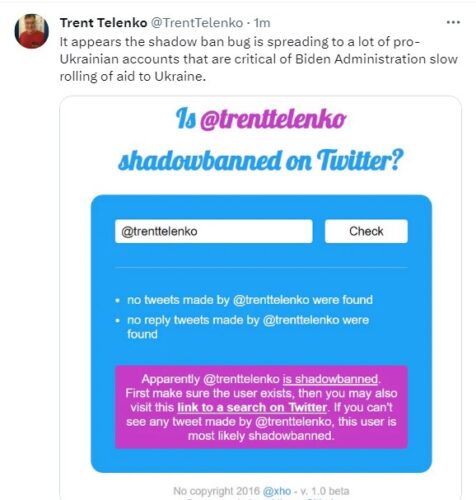I do solemnly swear that I will support and defend the Constitution of the United States against all enemies, foreign and domestic… (From the Oath of Enlistment)
It honestly kind of slipped my mind at first, that Monday morning was the anniversary of the 9-11 terrorist attack on the United States. It’s been 22 years since that horrible day. I had other stuff – purely personal concerns on my mind.
For one, every single thing that I had to say about 9-11, I said, wrote and posted ages ago … and why re-run, one more time? There’s just nothing more to say, any more than there would be anything more to say about the shock of the Pearl Harbor attack in 1941 – one more tedious rerun of a recollection of where I was, what I was doing. It’s been a lifetime, in a way – and for high-school and college graduates this year, it’s been all their lifetimes.
The other thing – a more recent tragic anniversary which looms closer in time is the disastrous and humiliating withdrawal from Kabul, Afghanistan, and the Abbey Gate suicide bombing there which killed more than a hundred civilians and thirteen American service personnel. Those deaths meant so little to President Biden that he kept looking at his watch during the ceremony at Andrews AFB when their coffins were unloaded. Those thirteen were the merely last American military lives frittered away in almost two decades of seemingly endless and pointless deployments to Afghanistan, culminated in a departure so botched that I’m still shocked that only a single commissioned officer resigned in protest. Sec Def Austin and General “Thoroughly Modern” Milley apparently feel no shame over bungling their responsibility to the Nation so horribly.
